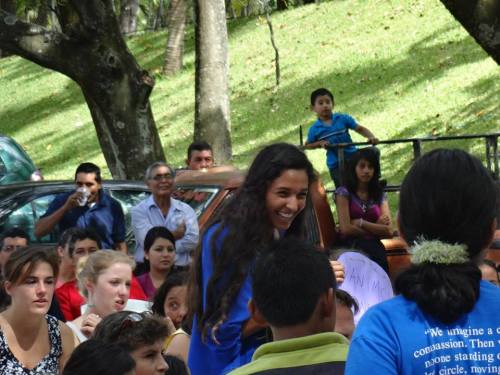The audience I try to reach, and to some limited extent do reach, is a different one: partly, activists of a less doctrinaire sort than the mainstream liberal intelligentsia and sectarian Marxists, partly the kind of general interested audience that one finds everywhere: around universities (primarily students), church groups, and so on.
I’m not trying to convert, but to inform. I don’t want people to believe me, any more than they should believe the party line I’m criticizing—academic authority, the media, the overt state propagandists, or whatever. In talks and in print, I try to stress what I think is true: that with a little willingness to explore and use one’s mind, it is possible to discover a good deal about the social and political world that is generally hidden. I feel that I’ve achieved something if people are encouraged to take up this challenge and learn for themselves.
There are a vast number of people who are uninformed and heavily propagandized, but fundamentally decent. The propaganda that inundates them is effective when unchallenged, but much of it goes only skin deep. If they can be brought to raise questions and apply their decent instincts and basic intelligence, many people quickly escape the confines of the doctrinal system and are willing to do something to help others who are really suffering and oppressed.
This is naturally less true of better-educated and “more sophisticated” (that is, more effectively indoctrinated) groups who are both the agents and often the most deluded victims of the propaganda system.
—Noam Chomsky,”The Manufacture of Consent,” 1983, Language and Politics, 389
